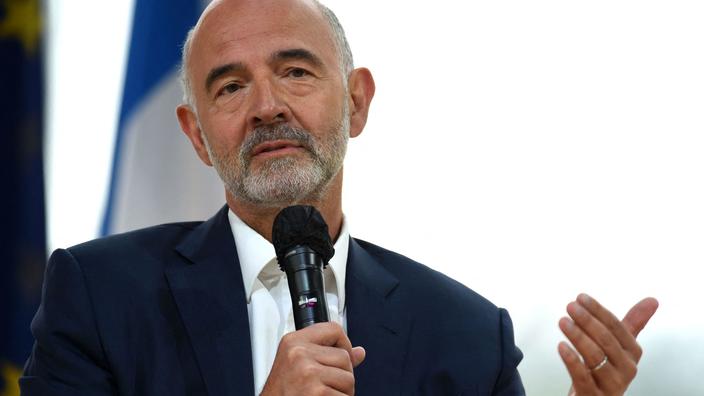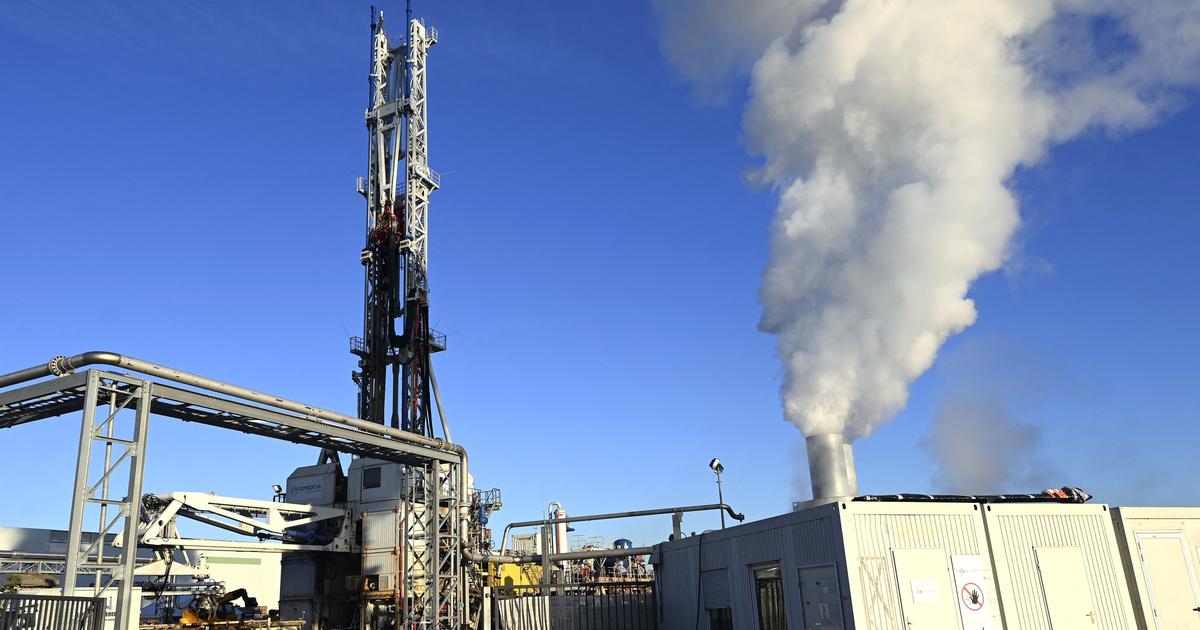District heating (or "heat network") produced from renewable energies is
"an effective contribution to the energy transition which remains insufficiently exploited"
in France, deplores the Court of Auditors in a report published Tuesday.
The authority calls in particular for local communities to be more involved.
Read alsoRenovating buildings to save energy
The law in 2015 set the objective for France to multiply by five between 2012 and 2030 the quantity of renewable heat and cold, and aims by this time to produce renewable heat representing 3.4 million tonnes of oil equivalent ( Mtep).
However, the consumption of renewable heat by the networks fell from 0.68 to 1.21 Mtoe between 2012 and 2019, an annual growth of 10%
"insufficient"
, notes the report, established at the end of a joint survey between the Court of Auditors and nine regional chambers of accounts.
France lagging behind
District heating has many advantages in terms of energy, especially in dense neighborhoods, underline these authorities. But
"in France, the penetration rate of these systems is below the European average".
The number of carbon neutral networks there fell from 19 in 2013 to 154 in 2019, out of a total of around 800. For the Court, communities must be able to better plan and manage these infrastructures.
Due to the weight of the necessary investments, 80% of heating networks are subject to public service delegation (DSP). However, the Court notes several cases of
"incomplete"
controls
by local authorities, often due to the lack of human and technical resources:
"these gaps must be filled by an adequate transfer of powers to all"
the inter-municipal authorities of more than 20,000 inhabitants.
The report also calls for more transparency on economic data, in particular the selling price of heat,
"in the face of the various constraints linked to the preservation of industrial and commercial secrets of network operators, which make them difficult to access"
.
Finally, public support for district heating could be strengthened, notes the Court.
To read also Energy transition in the automobile: "We have three to five years to make a success of this turning point"
The reduced rate of VAT (5.5%) on networks supplied by renewable energies now represents a tax expenditure of 67 million euros per year.
"While it may present a risk of incompatibility with European regulations, this measure is nevertheless effective and an incentive for the development of renewable energies"
, estimates the report.









